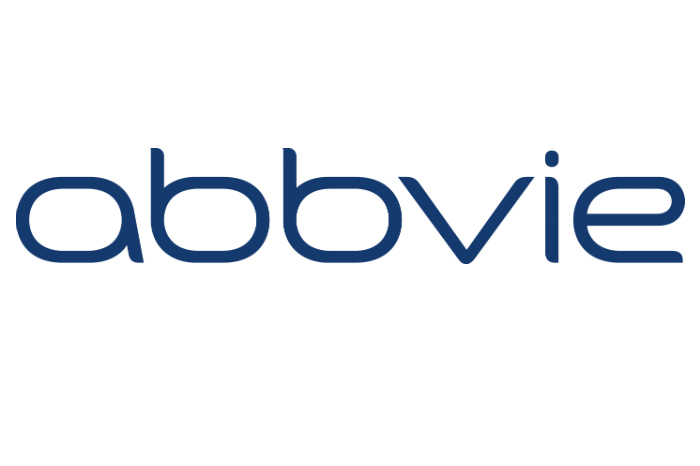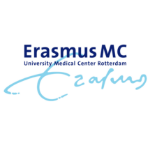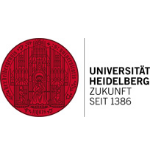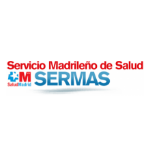Optimising early intervention for mental, musculoskeletal and pain related illness at work
Get-Help-Now assists employers and employees with an innovative supply-chain approach to early intervention in work disability, to ensure earlier diagnosis and faster treatment. The system streamlines and digitalises detection of employees at high risk of chronic conditions. Get-Help-Now then speeds treatment to those patients by adapting disease- and country-specific work-flows.
Origins
During adult working life, about 40% of employees in Europe experience one or more episodes of mental illness, musculoskeletal disorders or chronic pain. The individual suffering and economic burden of these conditions is greater, in terms of years of disability endured and GDP loss, than any other group of diseases. Nonetheless, unlike treatment of acute accidents, rapid help for mental illness, musculoskeletal disorders or chronic pain eludes most employees in European healthcare systems.
Team
Get-Help-Now brings together partners from throughout the health-value-chain – from the occupational service to the specialist. It is designed from a patient perspective, to simplify the process, just as logistics companies have done for cross-border shipments. The business is funded from long-term savings at health insurers, companies and pension funds.
The project
Get-Help-Now streamlines and digitalises early intervention for all employees, with a special focus on the common work-related problems of mental illness, and musculoskeletal and pain related illness. The system helps patients, whether they are at risk of developing a disease or at risk of short- or long-term work disability. As with diagnosis, treatment is swift: Using a unifying backbone that patients can connect with through a smartphone app, Get-Help-Now adapts disease- and country-specific work-flows to eliminate treatment delays.
The innovation is to redesign the process of early intervention for musculoskeletal disease and mental illness using a supply-chain approach that addresses established digitalised techniques backwards – with a focus on end-results, including early return to work or initiation of evidence-based therapy.
The objective is to maximise efficiency and impact at each stage of a stepped-up approach. Get-Help-Now transfers knowledge from other domains of business-digitalisation, e.g. online-booking platforms, airline-industry, logistics, supply- chain-programming, to early health intervention.
For employees Get-Help-Now links the occupational setting to early intervention at three different stages:
- during identification of individuals at high risk with symptoms threatening work-ability,
- during initiation of effective treatment at early clinical manifestation, or
- when there is risk of chronification.
Impact
Ultimately, the target market for Get-Help-Now is all employees throughout Europe at risk of, or already inflicted with, mental illness, musculoskeletal disorders or pain. Other beneficiaries include employers and society, both benefiting from a reduction in work disability and better productivity. Based on data from Spain, the English IAPT program and German pilot projects, we expect to save about 5-7 days of sick leave over a period of 24 months for every high-risk employee enrolled.
Why this is an EIT Health project
This project coincides with EIT Health’s mission of promoting healthier living, It is especially in keeping with the EIT Health Focus Area of “Employer Leadership in Improving Health Outcomes in the Workplace”, as it is focused on reducing work-related health problems: It is also in keeping with the Focus Area of better “Health Care Pathways” as preventive measures can improve the course of a disease.
External Partners
- GetHelpNow GmbH
- HealtVision GnbH
- Future Health Technologies UG
Members

CLC/InnoStars: Germany
Partner classification: Business
Partner type: Associate Partner
Abbvie is a global, research-based biopharmaceutical company that focuses on the discovery and development of innovative treatments that address some of the world?s most serious and complex diseases. AbbVie employs more than 28,000 people worldwide.
Abbvie
AbbVie Deutschland GmbH & Co KG, Knollstraße 50, 67061 Ludwigshafen am Rhein, Germany
Key Activities in Research and Developement
Life Sciences, Clinical research
Key Activities in Corporate Innovation
Pharma
Key Activities in Social Innovation
Healthcare provision
Key Activities in Business Creation
Finance & Investment, Business coaching


CLC/InnoStars: Belgium-Netherlands
Partner classification: Education, Research, Hospital / University Hospital
Erasmus University Medical Center Rotterdam (Erasmus MC) is the largest university medical center in The Netherlands with around 16,500 employees, and a top referral hospital for a region of about five million inhabitants. A unique infrastructure bringing multidisciplinary research and healthcare together at one location allows Erasmus MC to excel in fundamental research, fast translation of findings into the clinic including first-in-man testing and clinical implementation, and epidemiological studies.
Technical university medical center: Technology is at the core of the new strategy. Erasmus MC focuses on the use of technology and data science to foster innovation in a variety of fields – from medical instruments and devices, minimally invasive surgery, imaging and image analysis, information technology and smart data technology to artificial intelligence, machine learning and biomedical technology.
Erasmus University Medical Centre Rotterdam
Erasmus University Medical Centre Rotterdam, Dr. Molewaterplein 40, 3015 GD Rotterdam, The Netherlands
Key Activities in Research and Developement
Life Sciences, Social sciences / health economics, Clinical research
Key Activities in Social Innovation
Healthcare provision
Key Activities in Business Creation
Technology Transfer
Key Activities in Education
Medical faculties, Healthcare professional education/training


CLC/InnoStars: Germany
Partner classification: Education, Research, Tech Transfer, Clusters, Other NGOs, Hospital / University Hospital
As a comprehensive university, Heidelberg offers, in collaboration with its university hospital, a fertile ground for innovations in the different action fields of healthy living & active ageing by drawing on insights from all academic disciplines.
Heidelberg University
Heidelberg University, Seminarstraße 2, 69117 Heidelberg, Germany
Key Activities in Research and Developement
Biomedical engineering, Life Sciences, Social sciences / health economics, Clinical research
Key Activities in Social Innovation
Healthcare provision, Payers
Key Activities in Business Creation
Incubation, Technology Transfer
Key Activities in Education
Entrepreneurship training, Technical faculties, Medical faculties, Healthcare professional education/training


CLC/InnoStars: Spain
Partner classification: Municipality / City, Hospital / University Hospital
Servicio Madrileño de Salud (SERMAS) is the public health provider of the region of Madrid. SERMAS belongs to the Spanish National Health System and provides services to more than 6 million citizens through 38 hospitals and 424 primary care centres. SERMAS is an international reference for high-specialized medicine; it is equipped with state-of-the art stage technologies and characterized by high-qualified health professionals distributed in three domains: primary care, hospital care and emergency care through SUMMA 112. SERMAS has one of the best public primary care systems in good coordination with hospital care and social services in order to provide integrated care and achieve real impact on patients and families. In order to improve health research management and coordination, SERMAS works with 13 Research Foundations that support from the economic and administrative point of view research and innovation that originates at university hospitals, primary care, the emergency medical service and public health covering all areas of specialties and including communication and information technologic departments. These public research foundations focus on innovation and translational research, seeking for real outcomes in healthcare. SERMAS is committed to ensure the continuous improvement of quality.
Key Activities in Social Innovation
Healthcare provision, Payers
Key Activities in Business Creation
Technology Transfer, Testing & Validation
Key Activities in Education
Medical faculties, Healthcare professional education/training
